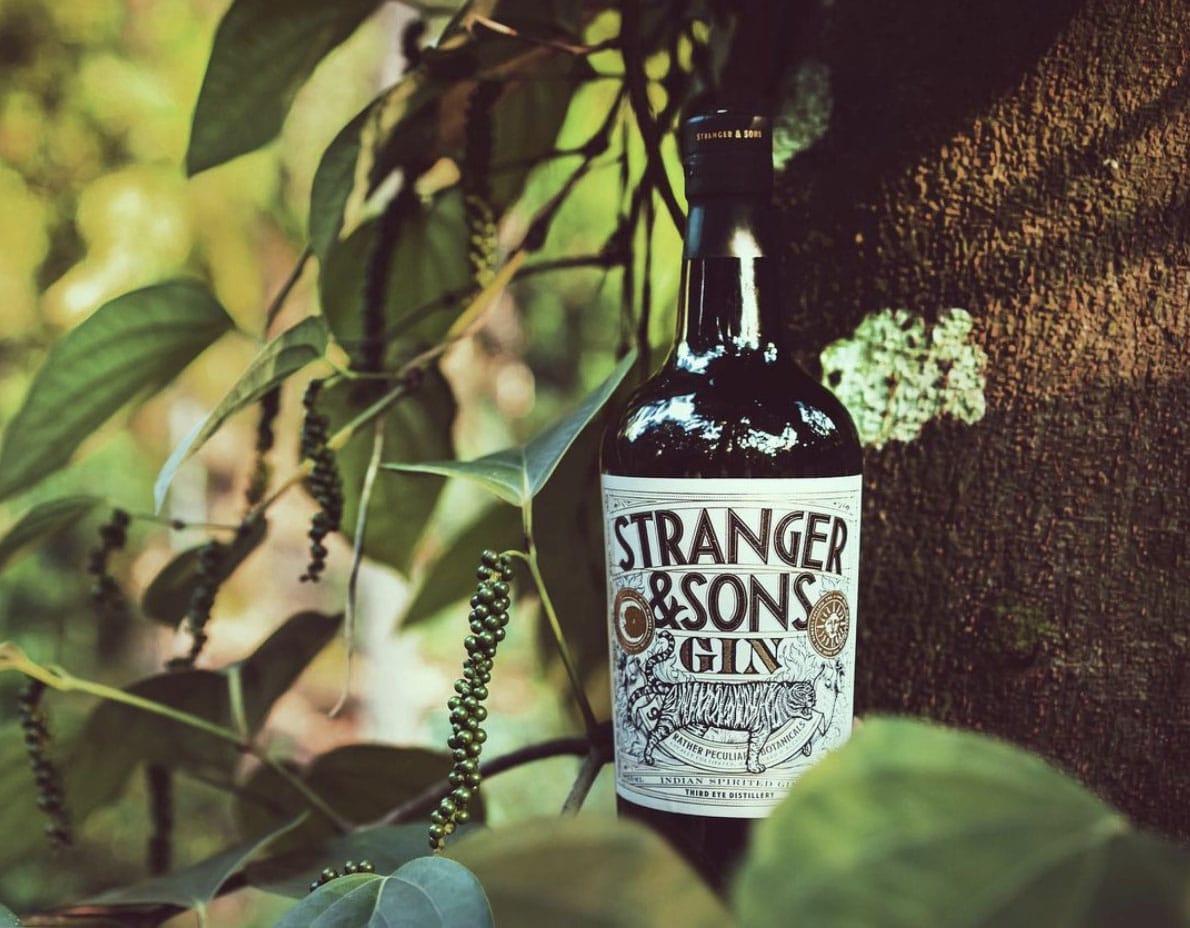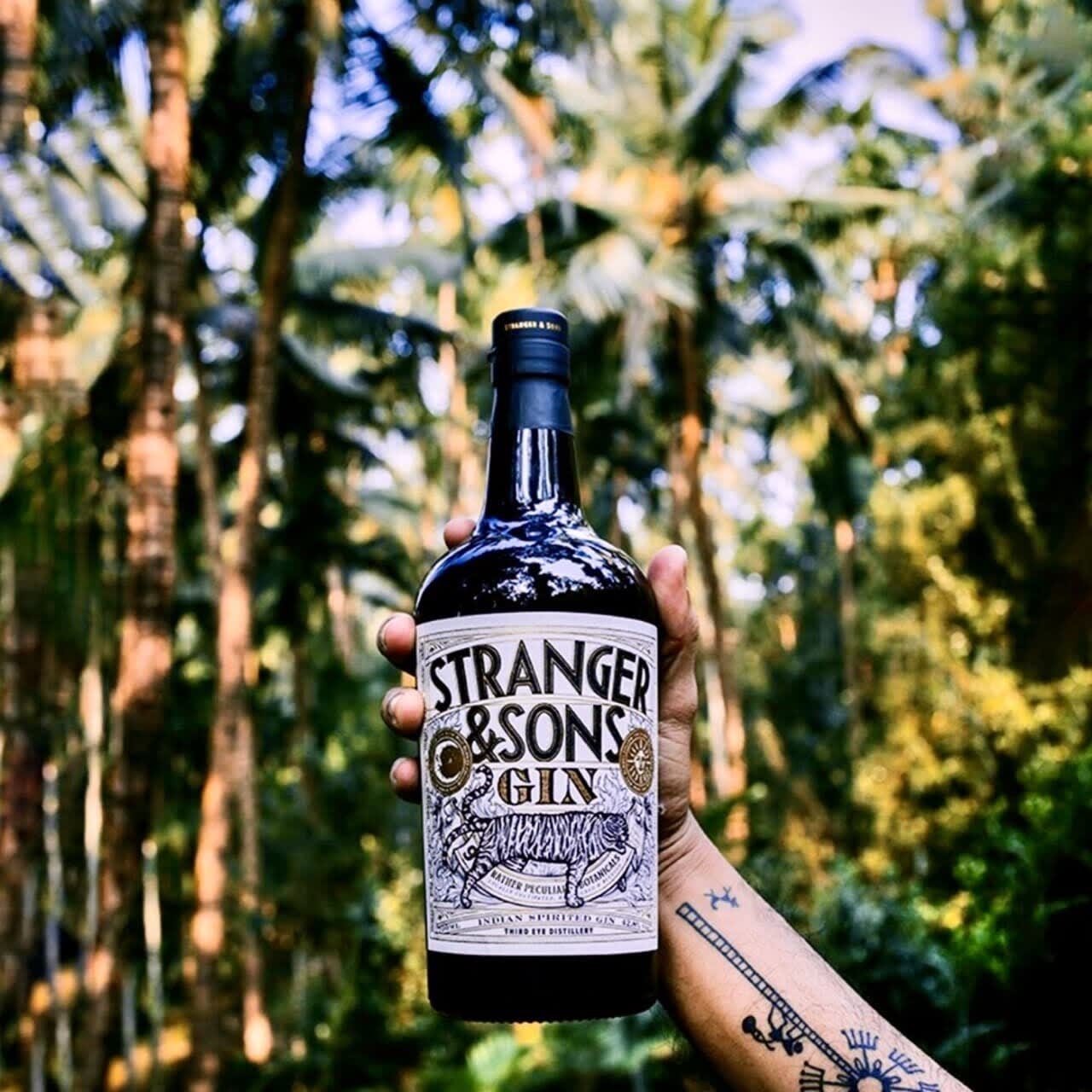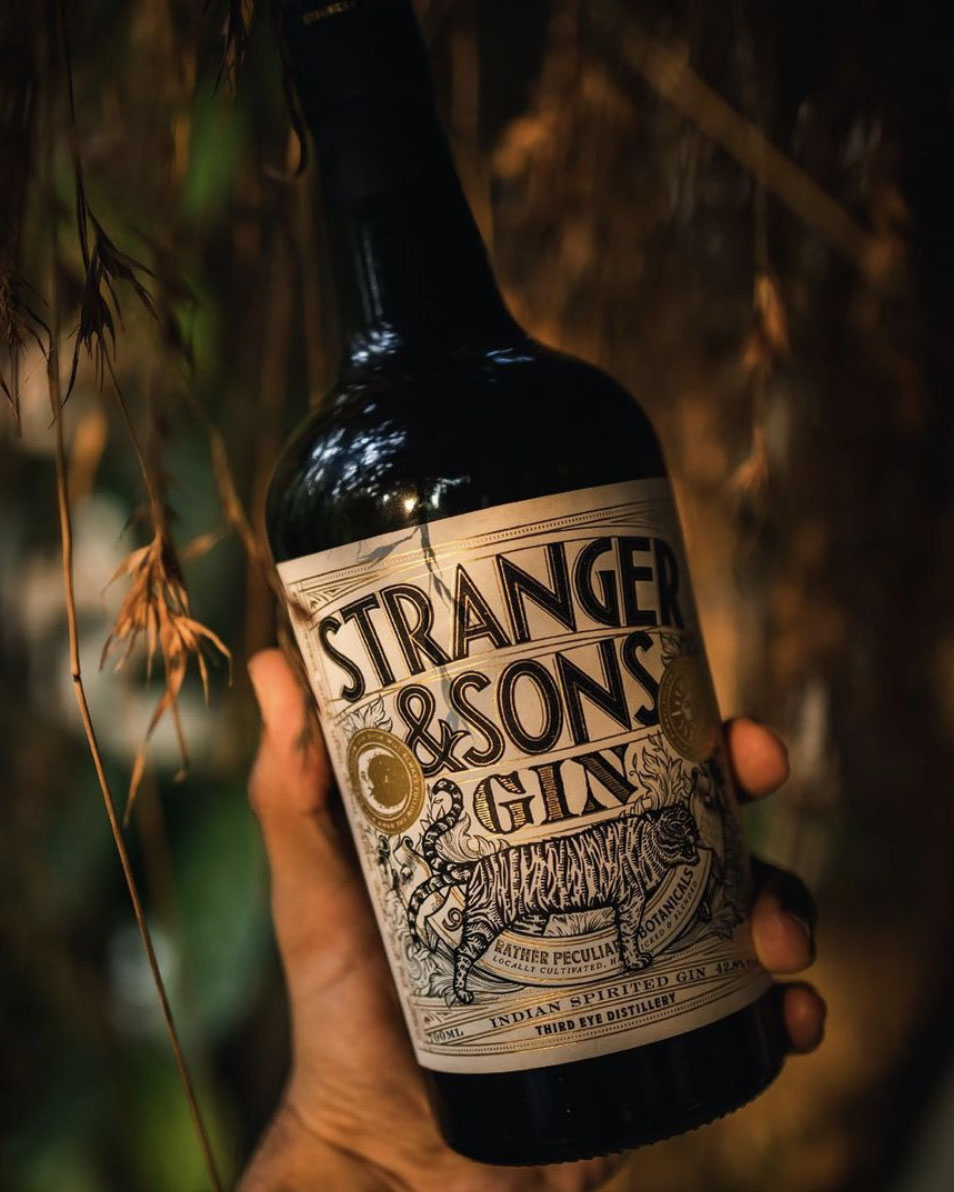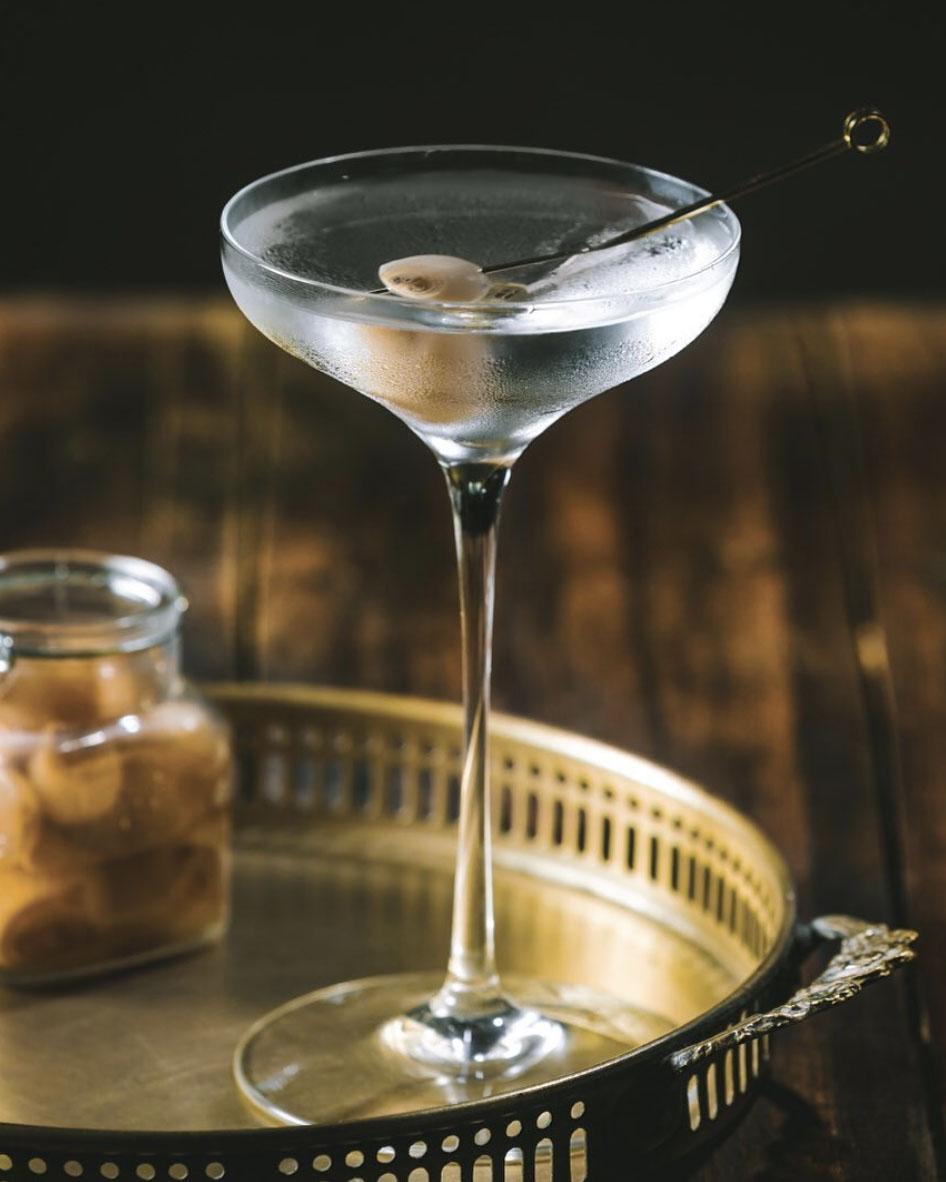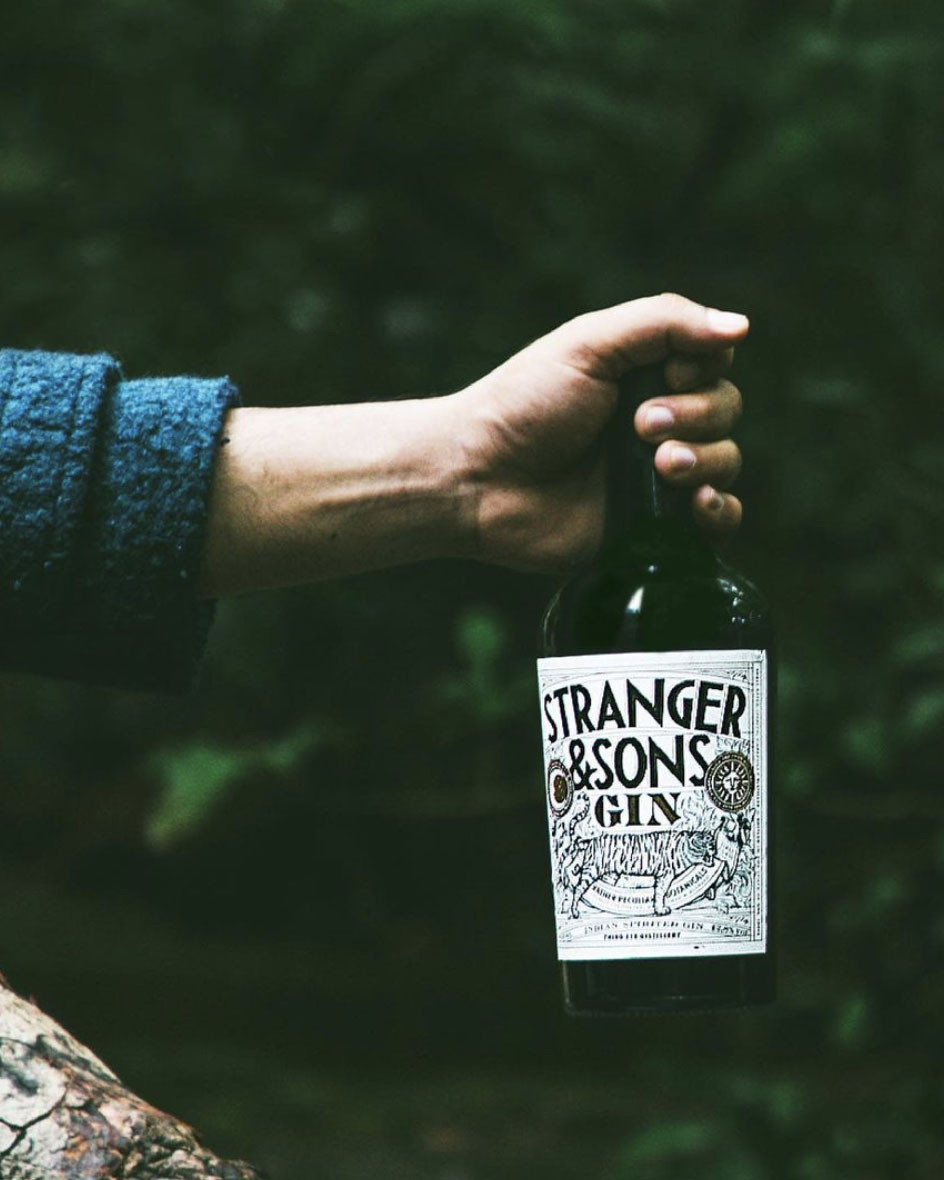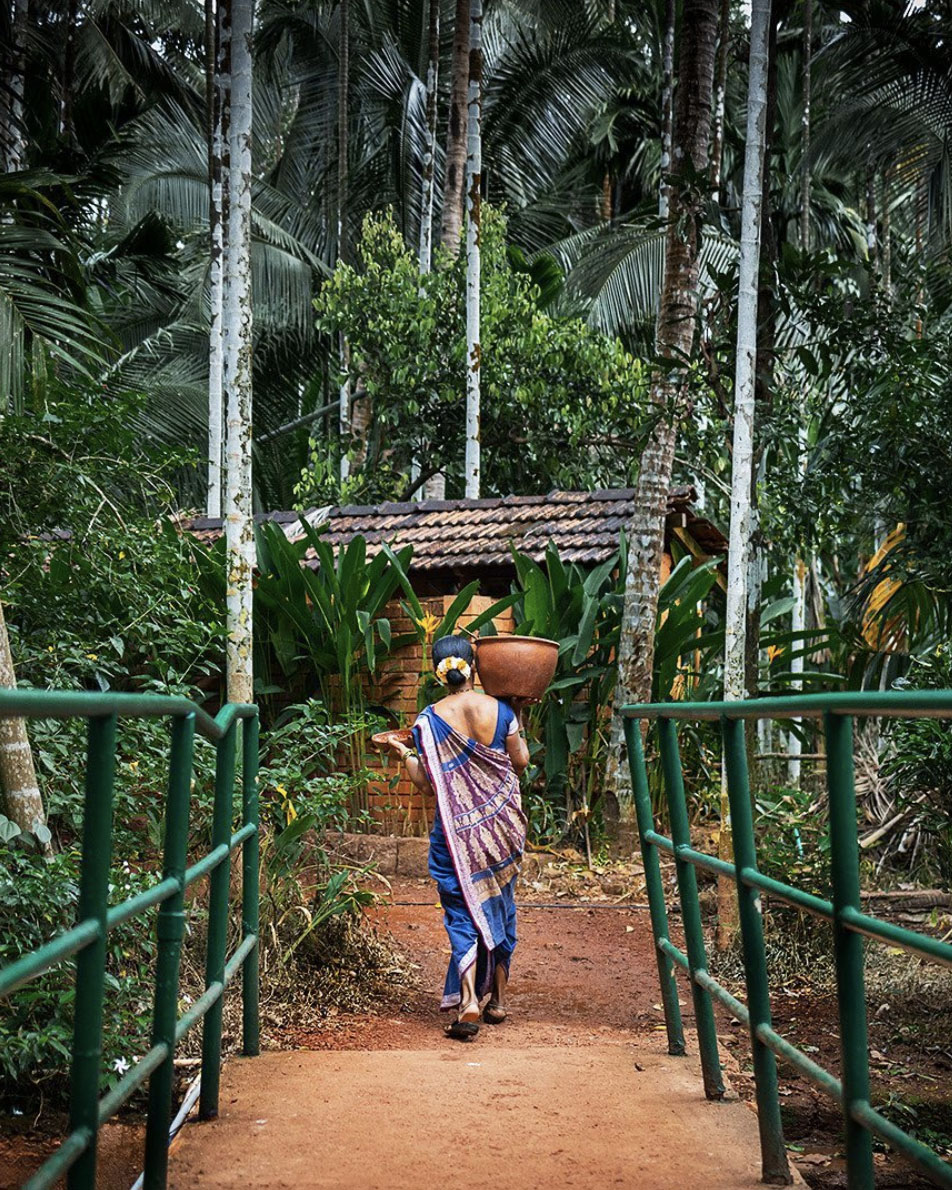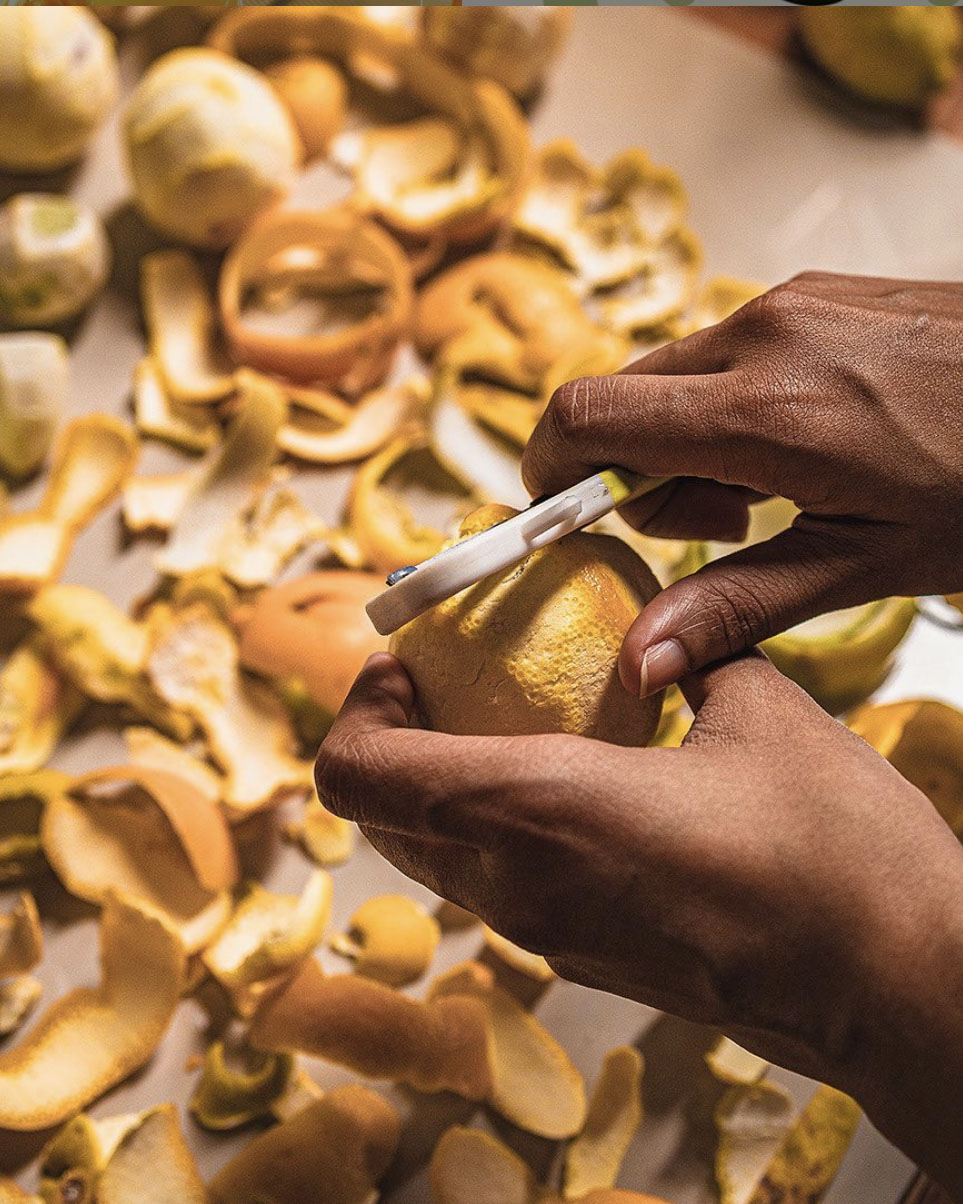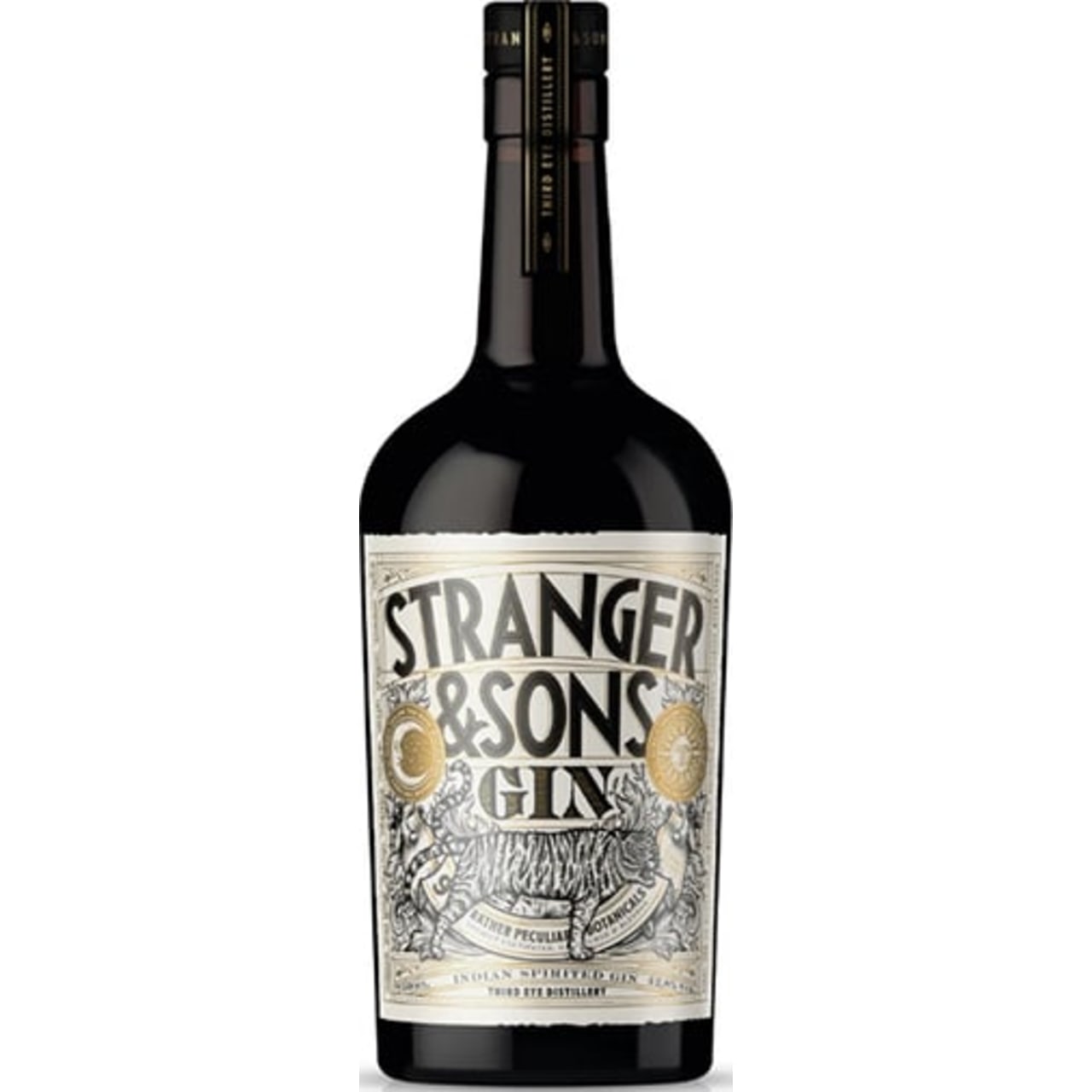

As a relatively new distillery, the Third Eye Distillery range is less range but more of a singular focus on their flagship spirit, Stranger and Sons.
Over 2020 and 2021 however, they've started to venture further and made a limited edition releases. The first was a pre-batched cocktail with the much loved Mumbai based Bombay Canteen. The cocktail was a mix of gin and pink guavas (pink perus), and named after famed Perry Road, in Bandra. Shortly after, they partnered with the Australian distillery Four Pillars to release Spice Trade Gin - a collaborative gin that matched both distillery's love of bright citrus and exotic spice.
The three founders, Sakshi Saigal, Rahul Mehra and Vidur Gupta have shrouded their distillery in light humoured myth and legend – an angle that works particularly well with Goa’s status as a hippie mecca. That said, there are no secrets here – despite a vague website, these chaps are doing all of their own distilling and are merely poking a little fun at themselves and at the country’s obsession with ritual and folklore.
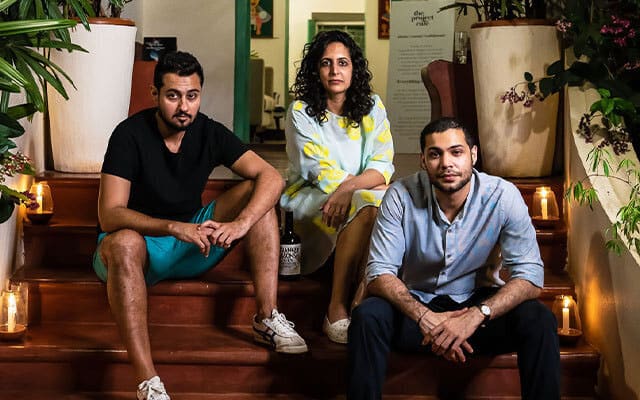

The trio came together to create a gin when they realised that, despite some clever labelling, most of the ‘Indian’ gins available had very little to do with the country, bar their ingredients. Theirs, in fact, is one of the first fully Indian gins to emerge since the ‘40s, with the country’s distilleries having dedicated all of their efforts to dark spirits for the past few decades.
Licensing, distilling, recipe creation and brand building aside, this is a far bigger task than you might begin to imagine. There just isn’t a huge audience for Gin in India yet, which means making your own (and setting up a whole distillery to do so…) is a risky manoeuvre. This risk is further compounded by the fact that even being a tiny brand by Indian standards means eclipsing the volume made by most of producers here in the UK. If you set up there, you have to go big to simply service a fraction of a population that size. Of course, you can’t create a thirst for Gin without offering any decent options, so it’s a real catch 22 situation with some very real issues to overcome.
Starting as they mean to go on, the Third Eye team have been working hard to reduce their environmental impact from the get go. The women who help them with fruit peeling take the fleshy citrus home, turning them into traditional jams and pickles which are then sold at local markets.
There’s no plastic on their packaging – not even a dash of tape – and botanicals are used whole, with no part discarded as waste. They’re also in the process of installing a solar roof, which will help to provide at least some of the energy that distilling uses. “One of our biggest concerns is water,” Saigal said. “It takes a lot to distil gin, and while most distilleries use a constant flow of cold water (which is later drained out), we decided to invest in a recycling tank that reduces our water requirement to 25-litres instead of over 10,000 litres of water.”


